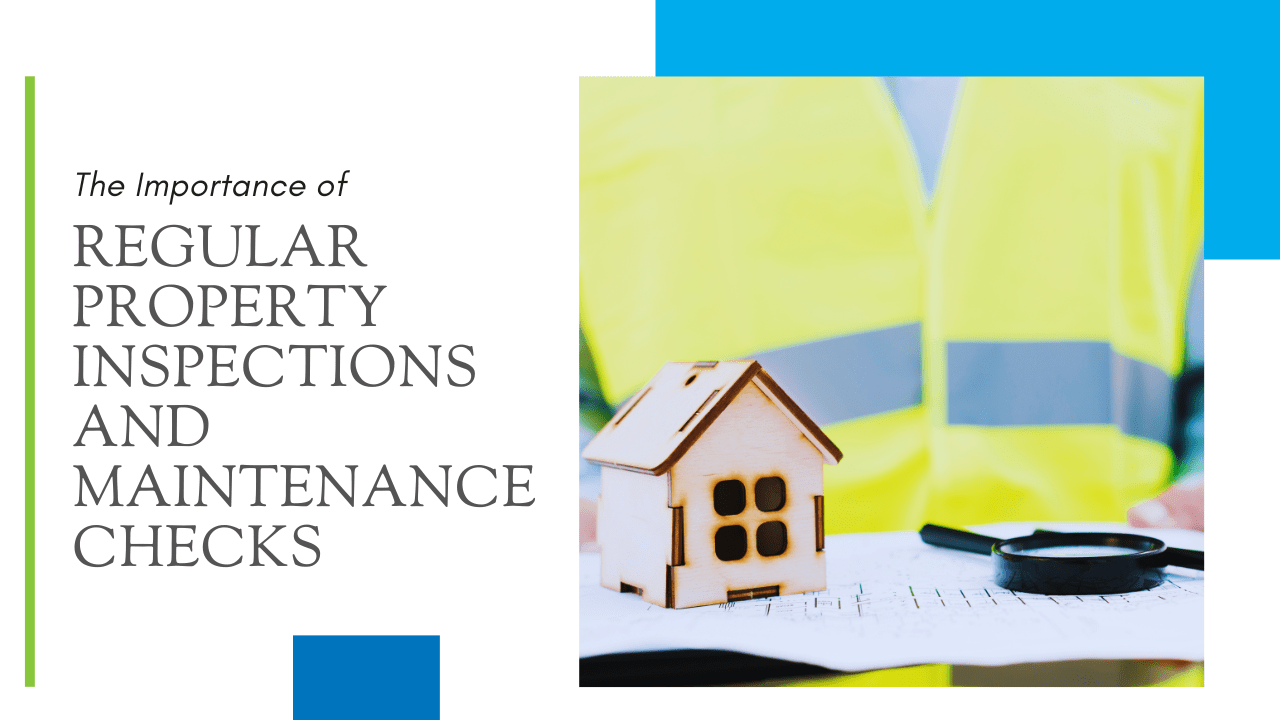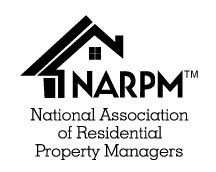Regular rental property inspections and maintenance checks are important when you’re renting out Santa Cruz properties. Your goal should be to preserve a well-maintained property that’s in good condition, with an increasing value.
Move-in and move-out inspections are pretty standard, and offer you the opportunity to document the condition of your property before and after a tenant takes possession.
Routine inspections during a tenancy are also necessary. This gives you an opportunity to see how it’s being cared for and to talk to tenants about any concerns they may have.
This is California, however, and that means there are a lot of tenant protections in place. You cannot simply show up at your property and expect to take a look around. Notice must be given, and you have to provide it in writing at least 24 hours prior to your intended maintenance check. We also recommend that you put inspections in the lease agreement, thus notifying tenants that you will be entering their home once a year to take a look around and make sure there’s no deferred or unreported maintenance that needs attention.
We know it can sometimes seem overwhelming to inspect your property and work with your tenants on keeping it maintained. Working with a
Santa Cruz property management company will take this task out of your hands entirely. With
experienced property management partners, you will know that your property is in excellent condition and the terms of your lease agreement are being followed. Good property managers will make routine inspections a priority and will also provide well-documented inspection reports
Here’s how to understand the importance of regular inspections.
Lease Enforcement Requires Regular Inspections
Lease agreements set standards and expectations for the tenancy. And, your lease agreement will likely include specific details on the importance of keeping the property clean and well-maintained. Every person you talk to will have a different standard of cleanliness they’re willing to live with. You shouldn’t get upset if you find a bit of dust or a little clutter when you inspect a property. Trash piling up in the kitchen is something you might want to address, however, because it can attract pests and rodents.
A regular inspection will allow you to look for warning signs that the property isn’t being cared for the way the lease requires. If your lease requires your tenants to take care of mowing the lawn and managing the landscaping, you’ll want to make sure the outside spaces look good.
An inspection is an opportunity to look for unauthorized
pets and people. Perhaps your tenants moved in with one small dog but when you inspect you notice two large dogs. You’ll want to address this with your residents and collect any additional pet fees or deposits that would be due for the new pets.
You want to be fair to your tenants and provide enough time for them to prepare for your arrival. Don’t show up looking for problems. Simply be aware of and document anything you notice.
Inspections Hold Owners Accountable, Too
The inspection process should actually work both ways. It should be to the benefit of you, the property owner, and it should also be to the benefit of your tenants. This face-to-face time with your tenant is an excellent opportunity to improve your relationship. Invite them to talk about what they need from you and from the property. Your job is to make sure you’re renting out a home that’s safe and habitable. By meeting with your tenants once in a while, you’re better equipped to do that.
Periodic inspections ensure you’re providing a safe and habitable home. You can make sure all the major appliances are in safe, working order and you can be sure smoke alarms and carbon monoxide detectors are functional.
Tenant retention should always be on your mind. When your current tenant renews their lease agreement, it saves you on turnover and vacancy costs. You don’t have to worry about finding a new tenant or putting new paint on the walls. Inspections enhance communication which can lead to higher retention numbers and better tenant satisfaction.
Identify Deferred and Unreported Maintenance
Deferred maintenance will never be good for your investment or for your tenant relationship. You need to take on the repairs that are needed as quickly as possible, to protect your investment and to keep your tenants happy about where they’re living.
Let your tenants know at the beginning of the lease period that you want those maintenance requests to come in right away. Deferred maintenance is always more expensive than preventative or routine repairs. The longer you let a problem sit and fester, the more expensive and complicated it’s going to be.
You don’t want your tenants to get into the habit of waiting to report maintenance needs. We have encountered tenants who are shy about letting their landlords know there’s a problem. They’ll worry that they’re going to get into trouble. Or, they’ll be nervous that you’re going to blame them or charge them. Inspections give you the opportunity to look for these unreported or deferred problems.
A good reason for a maintenance check or an inspection is to look for any indication that work needs to be done. If you find something, get the repair scheduled as soon as possible.
Inspect with the Intention of Improving
When you’re inside the property once a year, you can take a look at things like paint and carpet. Maybe you’ll offer the tenants a new appliance if you notice that the refrigerator is looking old or the dishwasher is extremely loud. An inspection will
allow you to budget for these projects and upgrades sooner than they’ll be needed. You can plan to make these upgrades at lease renewal time.
We can help with inspection timing, notification, and results. If you’d like to talk about your rental property, please contact us at Western Property Management. We lease,
manage, and maintain investment properties throughout Santa Cruz County, including Aptos, Capitola, Soquel, Santa Cruz, Watsonville, and Scotts Valley. We’d be happy to help.








